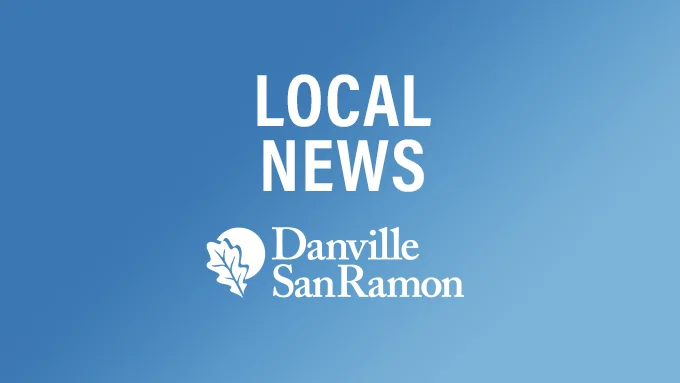
Could a Simple Reform End the Crushing Burden of Medical Debt in California?
In a state known for its innovation and promise, thousands of families face a hidden crisis that threatens their financial stability. Imagine working hard to build a life, only to be derailed by unexpected medical bills. That's the reality for many Californians, as highlighted in recent discussions around medical debt reform. With Assembly Bill 1312 on the line, this issue isn't just about health—it's about equity, access, and survival in an increasingly costly system.
Veronica Olea, a high school teacher from Salinas, shares a deeply personal story that underscores the urgency of change. In her early 30s, Olea and her husband were focused on their careers and saving for a home when he was diagnosed with Stage 4 cancer. Three years on, with his lymphoma in remission, the couple still grapples with overwhelming medical debt. Olea writes poignantly about the emotional toll: "My husband asks if he should skip his next MRI because of the cost." Despite having insurance, out-of-pocket expenses piled up, forcing Olea to take on extra work just to keep up with bills. This narrative isn't isolated; data from a recent L.A. County analysis shows that more than one in three Californians carry medical debt, with Black and Latino communities facing rates of 48% and 52%, respectively—far higher than the 28% for white Californians.

The core issue lies in the system's failure to connect patients with available financial assistance. Hospitals are already required to offer help for those meeting income criteria, but as Olea experienced, these options often remain out of reach due to complex forms and aggressive billing practices. Enter Assembly Bill 1312, authored by Assemblymember Pilar Schiavo. This legislation aims to mandate that hospitals screen patients for eligibility and provide aid before debts accumulate. Critics, including hospital associations, argue that the tools for this are too expensive or inaccurate. However, evidence suggests otherwise—hospitals routinely use patient data for billing assessments, so why not redirect that for patient benefit? This bill represents a logical step toward reform, potentially alleviating the disproportionate burden on low-income and minority families.
Comparing this to broader trends, California's medical debt problem mirrors national issues but with a local twist. While a new state law prevents medical debt from harming credit scores, it doesn't erase the financial strain that forces families like Olea's to prioritize bills over basic needs. Olea's story highlights an equity gap: as a first-generation Latino family, they lacked the safety nets many take for granted. By pushing for AB 1312, lawmakers like Assemblymember Robert Rivas could address these disparities, ensuring that a cancer diagnosis doesn't lead to financial ruin.

In essence, this reform isn't just about fixing a flaw—it's about rebuilding trust in a system that should protect, not penalize, its users. As California stands at a crossroads, the passage of AB 1312 could prevent countless stories like Olea's from becoming tragedies. What if we could ensure that health care doesn't come at the cost of homes, jobs, or dreams? Share your thoughts: Have you faced medical debt, and how has it affected your life?
We invite readers to leave comments below, share this article, and join the conversation on social media. Your experiences could help drive the change we need.